women’s rights
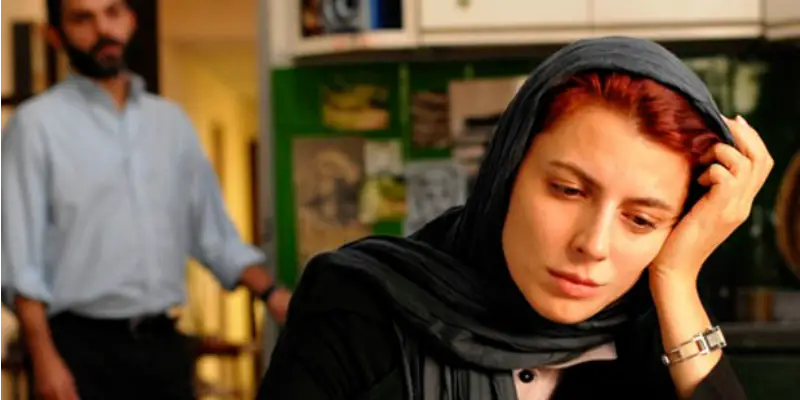
When we come across words like Arabic, Iranian, Palestinian, or any other Middle Eastern nationality, we immediately think of the difference in culture. Especially when it comes to women, we think of Islam’s (justified or not justified) reputation as an opponent of gender equality, an oppressor of women and the rule of men. This preconceived notion is slowly being challenged with a flood of films from the Middle East.
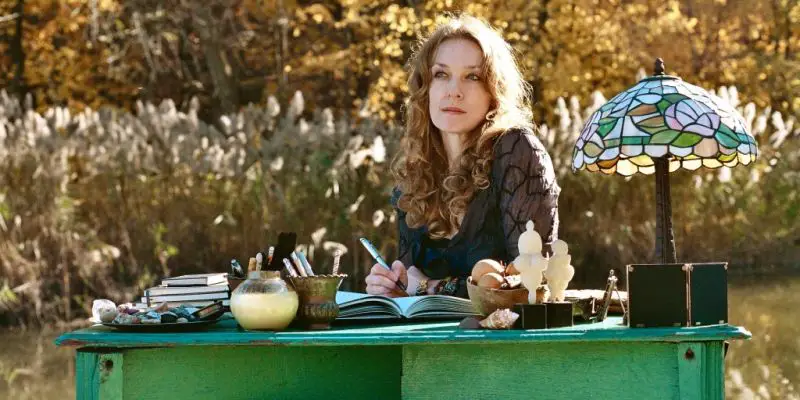
I recently had the pleasure of sitting down (via Skype) with director Deborah Kampmeier after a special preview screening of her newest film, SPLit. The film is premiering at the Sarasota Film Festival this year, so if you can go see it, get yourself down. Until you get the chance, check the trailer out here.

At one point in Good Morning Karachi, a fashion photographer is vocal about the contemporary image of Pakistani femininity and culture he believes his photos represent. He claims that his company is the “women’s revolution the country has been waiting for” and that a simple fashion photoshoot can portray a more forward-thinking society to international citizens who portray Pakistan as a bunch of “fundamentalists”. Yet the views about femininity presented by director Sabiha Sumar in Good Morning Karachi are as confused as those presented by a photographer who believes photos of supermodels represents a realistic feminist ideal and aspiration in society.
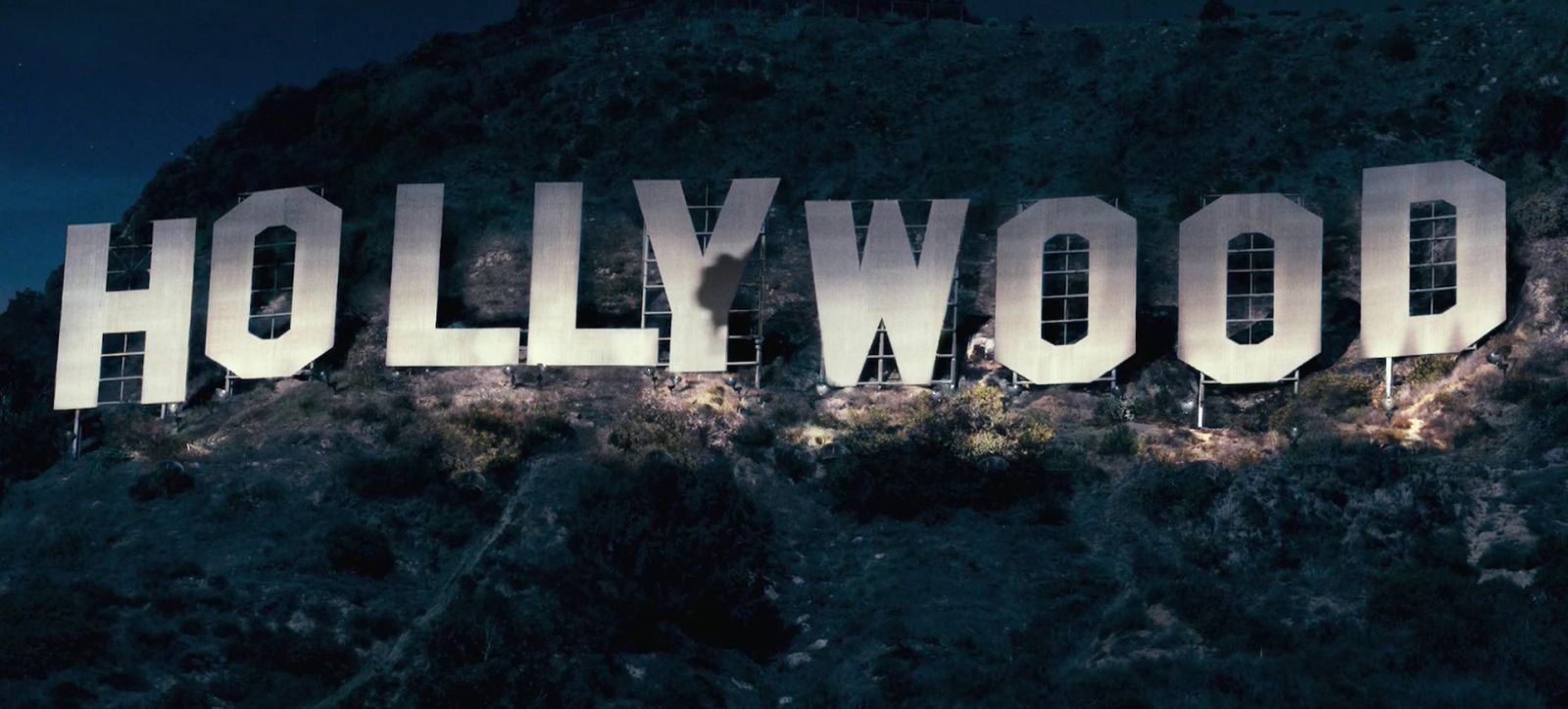
The revolution is here— We are in the midst of a global revolution for female empowerment and equality. This movement has been building for some years, and the new efforts for women directors have added great momentum to the cause. The campaign and ongoing support for women directors starting 2013 by the ACLU has now led to an industry-wide investigation.
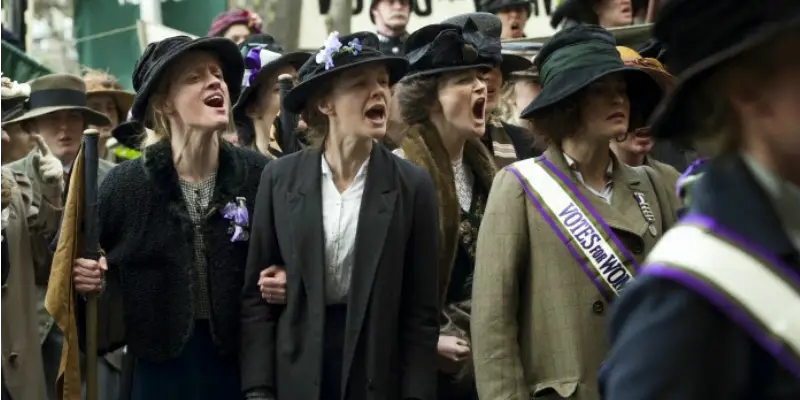
Suffragette has been grabbing the attention of the media and public long before it was even released. First, there were rumours that there were to be no women of colour in the film (this is true). Then there was the at best ignorant, at worst painfully offensive campaign led by Meryl Streep and the rest of the cast, featuring photos of them wearing t-shirts stating ‘I’d rather be a rebel than a slave’.
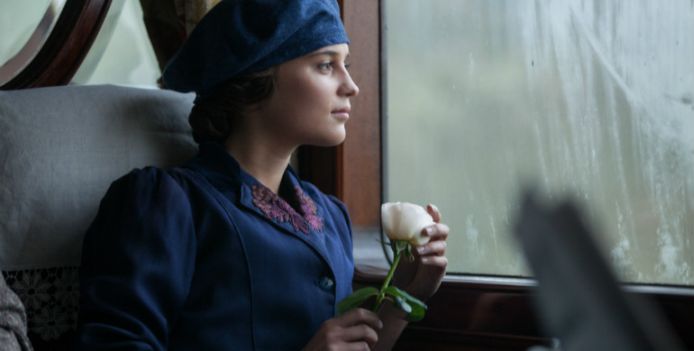
Testament Of Youth is based on Vera Brittain’s memoir of the same name. Her book pays homage to her own losses while growing up during World War I, but also the great loss felt by her generation. Brittain’s book is perhaps unique in that in the UK we are often told about the loss of life during the war.

